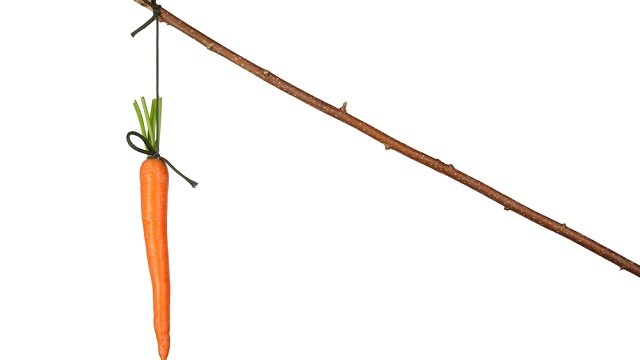Corks vs. Screw Caps: The Ultimate Battle (Sort Of)

Article written by guest writer Kecia Lynn
What’s the Latest Development?
Six hundred bottles of Sauvignon Blanc, divided into three groups by bottle closure — natural cork, synthetic cork, and screw cap — are currently resting in a wine cooler for the next year as part of a study to determine whether, once the bottles are opened, testers can really detect differences in color, taste or aroma depending on the type of closure used. It’s not enough just to store them, though: Each of the 400 corks were evaluated using medical imaging technology and the resulting images will be analyzed for differences. The study is taking place at the University of California-Davis, home to the country’s leading university program dealing entirely with wine and grape research and production.
What’s the Big Idea?
Oxidation is the primary factor affecting a wine’s age, and too much of it can affect the wine’s quality. Thus, the type of closure may cause bottles of wine to age at different rates. However, researchers insist that they’re not going to announce which closure is better. “Rather we’ll be giving winemakers information about the variability of each type so that they can determine which is most appropriate for use in bottling their wines…If variation is high enough for consumers to notice a difference, we will work with the industry to help find ways to manage the variation.”
Photo Credit: Shutterstock.com





